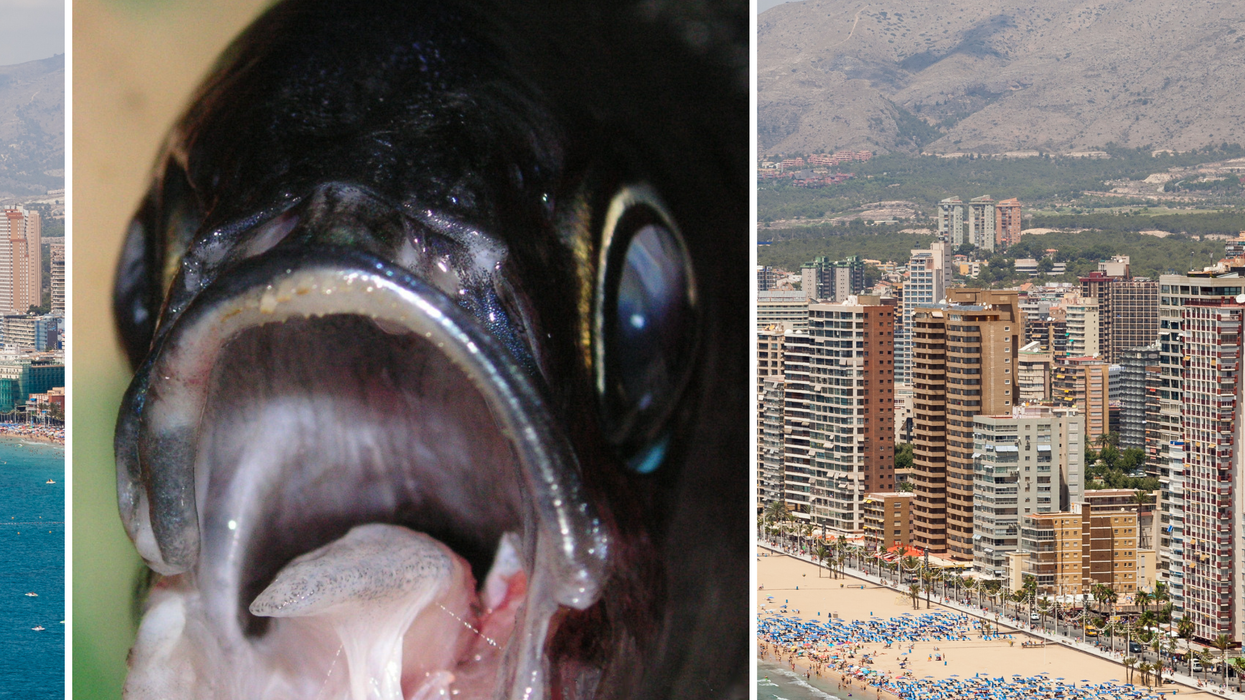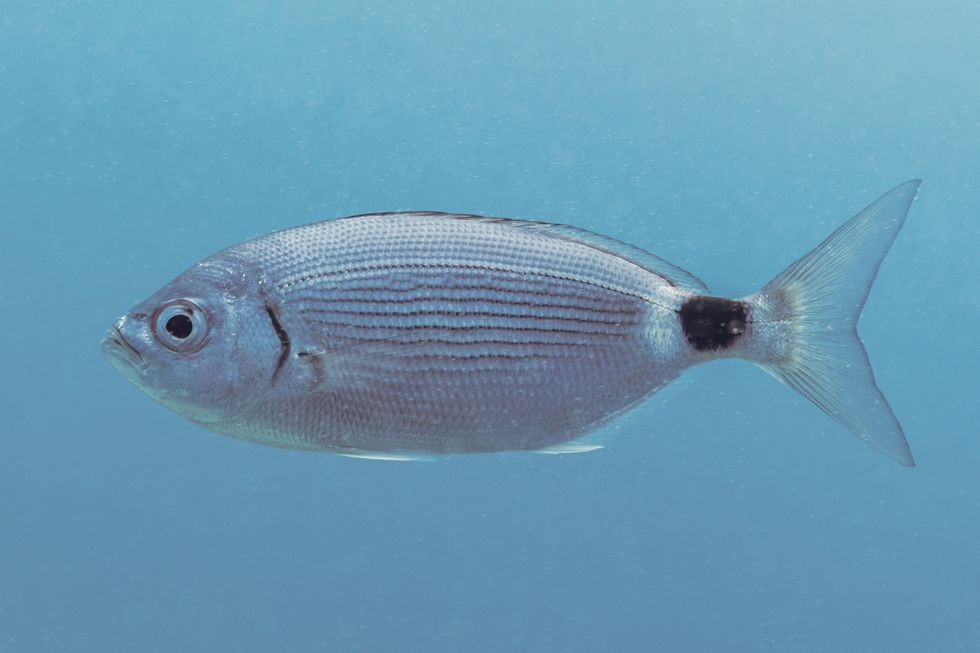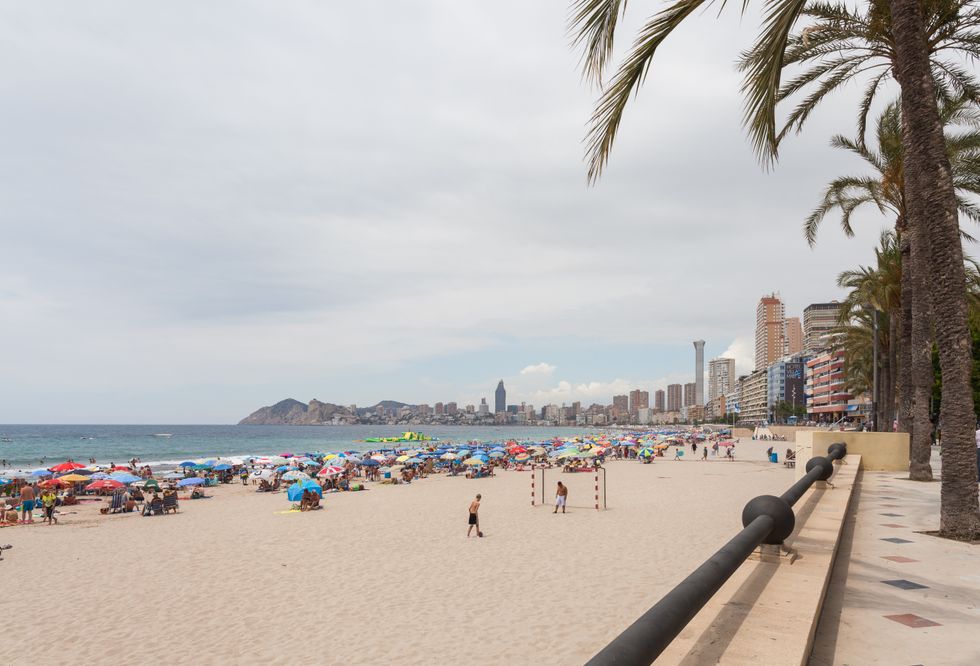Spain tourist warning as beachgoers under attack from 'piranha' fish that bite 15 people a day

The fish, known as Obladas, has attacked swimmers on Poniente beach
|Wikimedia Commons

Visitors to Benidorm are being warned of the ferocious fish that is leaving swimmers bloodied
Don't Miss
Most Read
Holidaymakers in Benidorm have been warned of “piranha-style” fish that have attacked more than 15 people a day.
The fish, which are leaving visitors to the Spanish beach bloodied and bitten, are known as Obladas, or saddled seabream.
Traumatised tourists have had to seek first-aid treatment after their encounters with the ravenous fish.
The ferocious fish are said to be attracted to moles and warts on the skin, especially on older people, which they leech onto and draw blood from.

Scientists believe the fish's appetite has increased due to the warming waters, an effect of climate change
|Wikimedia Commons
In recent days, there have been several incidents where the fish have attacked swimmers on Poniente beach in Benidorm, Spanish newspaper Informacion.es has reported.
The warm weather engulfing the Alicante beaches has increased the appetite of the Obladas, according to experts.
The typically peaceful fish is commonly caught and eaten by humans; however, the effects of climate change have caused this to change.
Currently, the temperature of the sea in between 29 and 30 degrees, according to the Climatology Laboratory of the University of Alicante.
This is much higher than normal, which has resulted in the fish’s metabolism increasing.
They are therefore searching for additional food sources to fill their enhanced appetite.
The first instance of a Obladas fish attacking a human was reported back in August 2017.
The fish typically resides in the port areas of the Alicante beaches, however this year they have been found much closer to the shoreline, coming into contact with humans swimming.
SPANISH NEWS LATEST:

The fish normally frequent the port but have now been spotted on the shoreline
|Wikimedia Commons
"This is a fish used to being fed,” said a spokesperson for the Department of Marine Species in Spain.
“There may be a high population density and they do not run away from people, hence they peck at the wounds (meat smell)."
Swimmers are being advised not to go into the sea wearing shiny jewellery, as this is likely to draw attacks from other aggressive fish, such as pomfrets, golfer fish or bluefish.
Obladas – or obladada melanura as they are scientifically referred to – are a small grey fish with a black spot on their tail and about 30cm in length.










